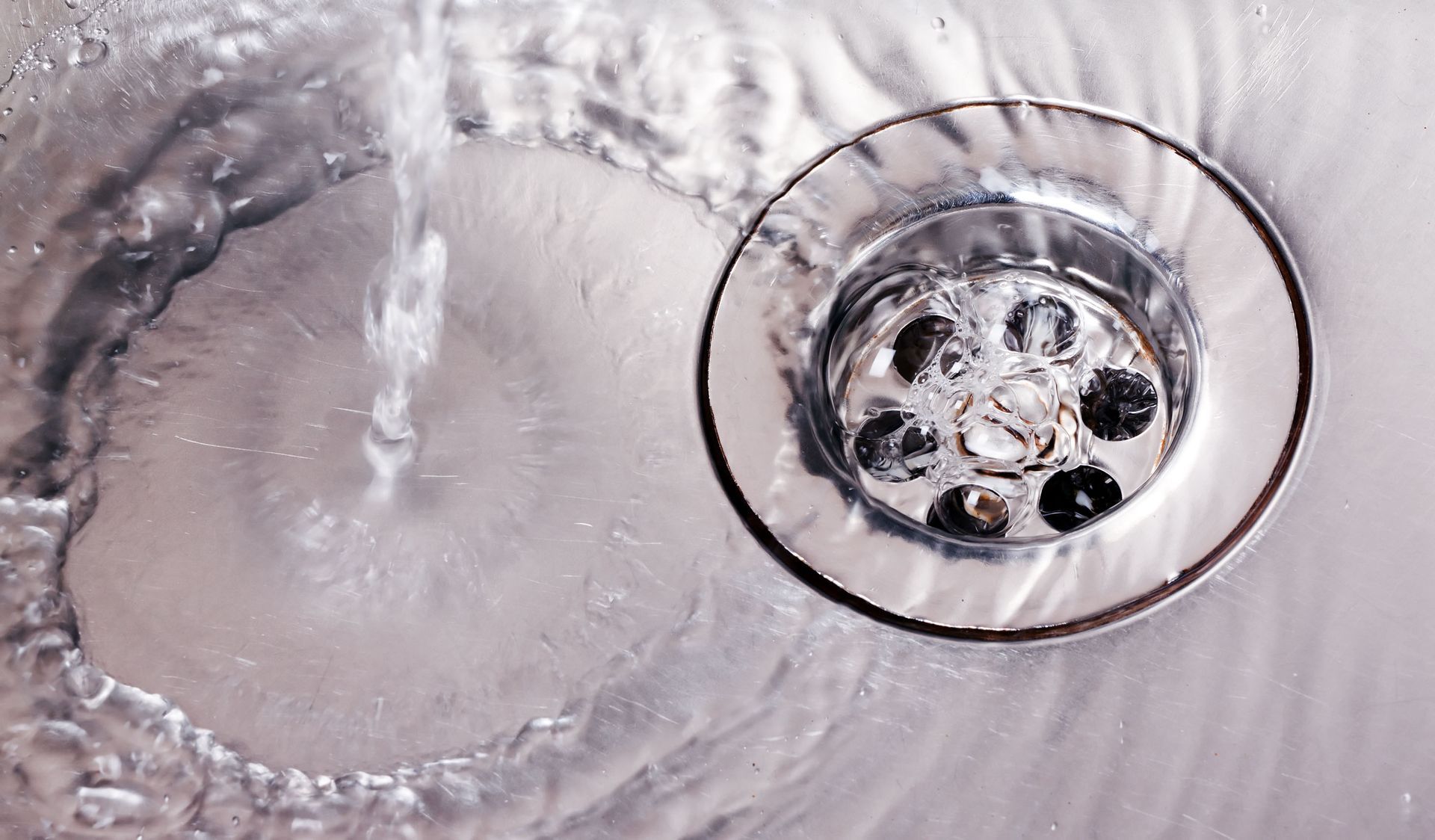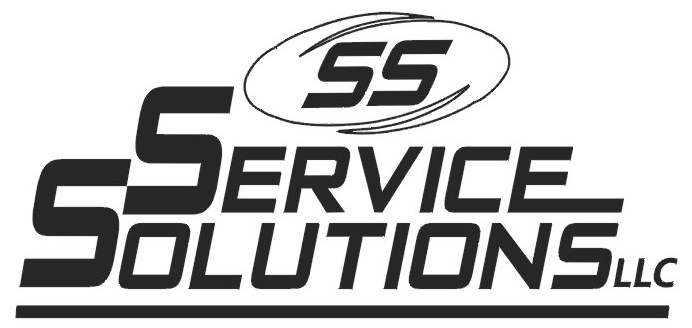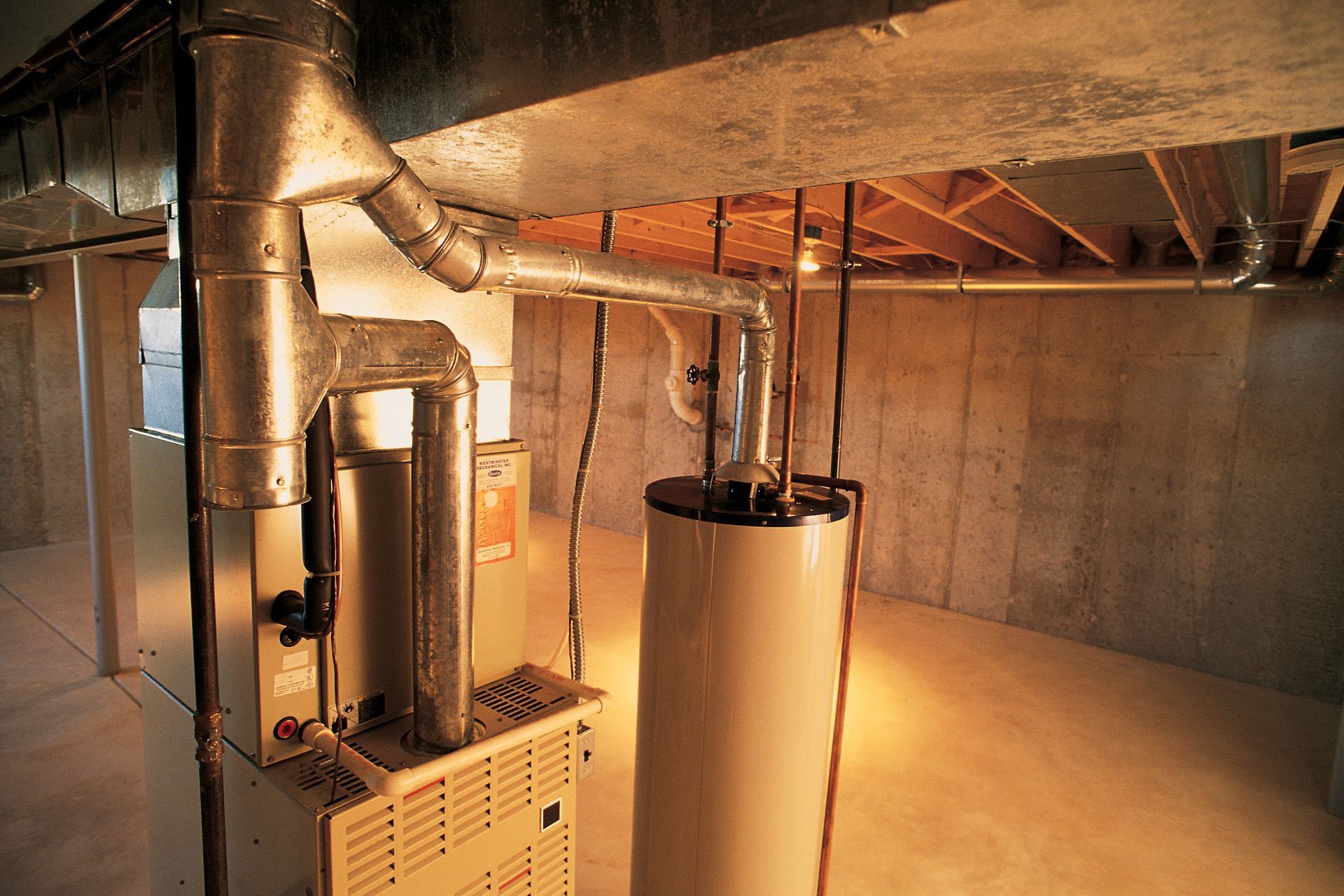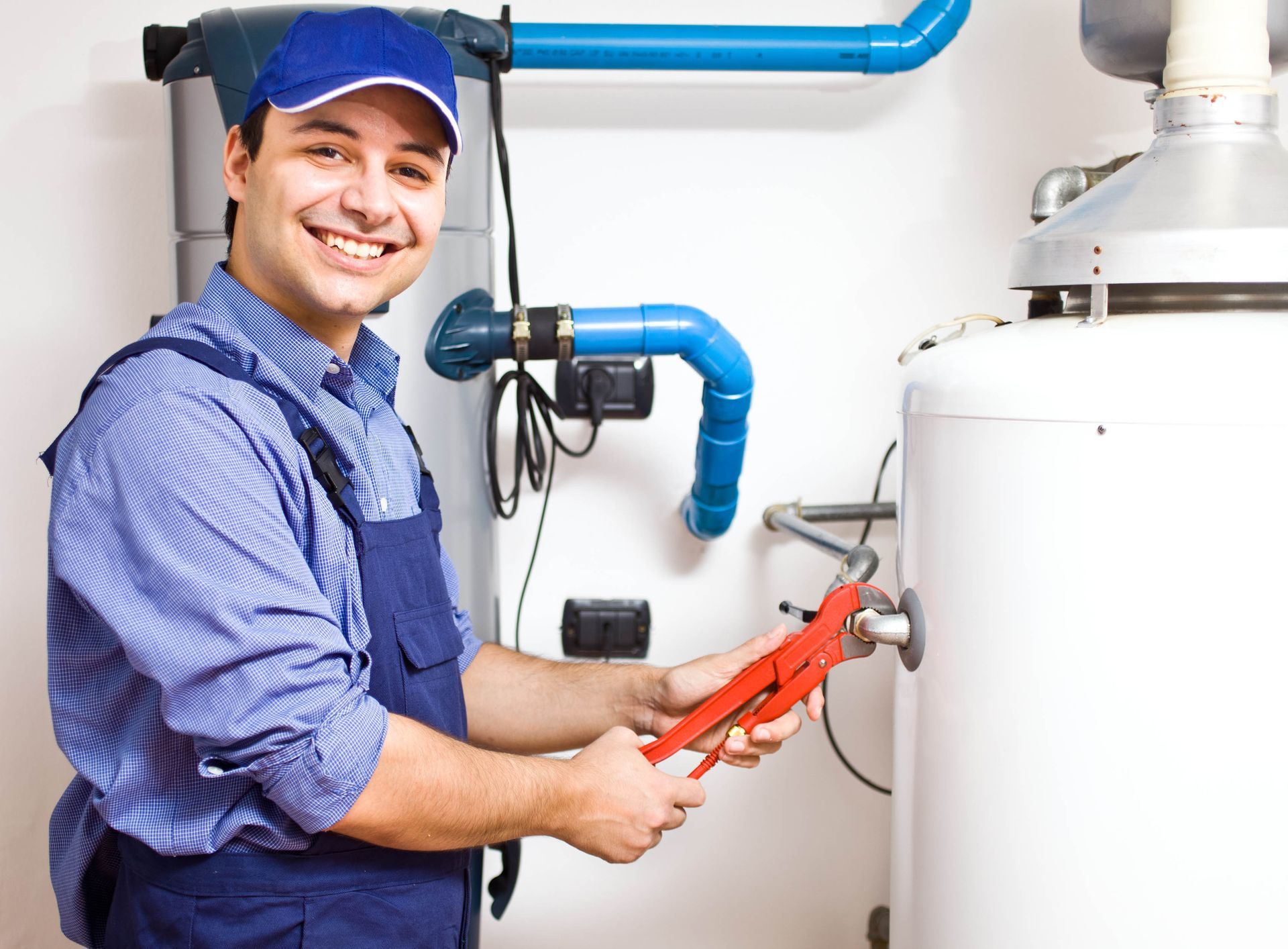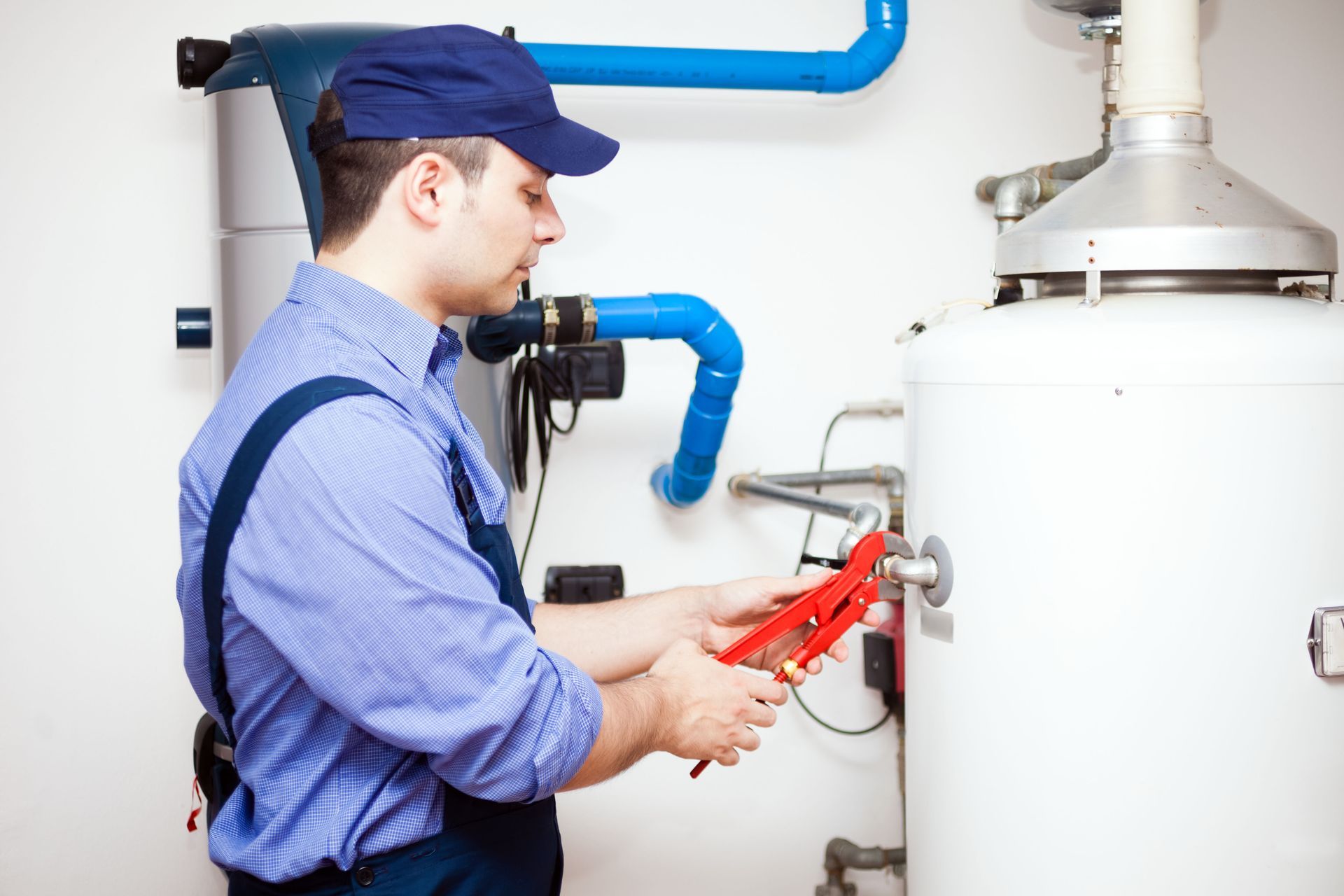By Nicole Buchanan | August 27, 2025
August 27, 2025
Plumbing is an essential part of any home, yet it often operates behind the scenes, leading many homeowners to overlook its importance until a problem arises. This article aims to enlighten homeowners on the vital aspects of plumbing, enabling them to maintain a healthy, efficient, and sustainable home environment. We will cover a broad range of topics about plumbing companies, from understanding your plumbing system and preventative measures to the role of technology, economics, and environmental considerations in modern plumbing. Additionally, we will explore how to build a solid relationship with your local plumbing professionals.
Basic Components of a Plumbing System
To properly manage your home's plumbing, it's crucial to familiarize yourself with the basic components that make up the system. Typically, a plumbing system consists of pipes, fixtures, and fittings that transport water to and from the house. This infrastructure also includes supply lines that deliver hot and cold water, as well as drainage systems for waste removal. Understanding these components allows homeowners to identify potential issues more easily. Being informed can lead to faster resolutions and less stress when plumbing problems arise.
The Importance of Regular Maintenance
Regular maintenance from plumbing companies plays a pivotal role in keeping plumbing systems running smoothly. Scheduled inspections and repairs can detect small problems before they escalate into bigger issues. For instance, a minor leak, which could be easily fixed during an inspection, might eventually lead to significant water damage requiring costly repairs. Proactive maintenance helps prolong the lifespan of your plumbing, which is not only beneficial financially, but also environmentally responsible. Homeowners should view maintenance as an investment rather than an expense.
Identifying Common Plumbing Problems
Plumbing problems can range from minor annoyances to significant disruptions. Common issues include dripping faucets, slow-draining sinks, and running toilets, each signaling underlying problems that require attention. If left unattended, these issues can escalate, leading to increased water bills or substantial repair costs. By identifying these problems early, homeowners can take corrective action, reducing the chance of costly emergencies. Awareness and early detection are keys to effective plumbing management.
Knowing When to Call a Professional
While some plumbing issues are manageable through DIY efforts, others necessitate professional plumbing companies' intervention. Homeowners must understand their limitations and recognize when a problem exceeds their expertise. Complex issues, such as main water line breakages or gas line repairs, can pose health and safety risks, requiring licensed professionals. Additionally, hiring a professional ensures the job adheres to local codes and standards, preventing legal complications. Consulting with a plumber can provide peace of mind, ensuring that repairs are conducted safely and effectively.
Upgrading Old Plumbing for Efficiency
Aging plumbing systems can lead to inefficiencies, increased water usage, and frequent repairs. Upgrading these systems with the help of plumbing companies can significantly enhance efficiency, reduce water consumption, and lower utility bills. For example, installing low-flow fixtures and modern water heaters can deliver substantial savings. Modernizing plumbing systems is a worthwhile investment, promoting both financial and environmental benefits.
Routine Plumbing Inspections
Routine inspections are a critical component of preventative maintenance. Scheduling regular check-ups with a professional plumber can help detect potential issues before they escalate. Inspections typically include examining pipes, checking for leaks, and ensuring all plumbing fixtures function correctly. Besides preventing emergencies, routine inspections can enhance the longevity and reliability of your plumbing system. Homeowners should consider annual or bi-annual inspections as a standard part of their home maintenance strategy.
How to Properly Maintain Drains
Drains are vital in preventing water buildup and ensuring the smooth flow of wastewater. To maintain them effectively, homeowners should avoid disposing of grease and large food particles down the sink, as these can cause blockages. Utilizing strainers over drains helps catch debris, reducing the risk of clogging. Regular cleaning with non-corrosive cleaners can also prevent buildup and maintain flow efficiency. Simple preventive measures can spare homeowners from dealing with inconvenient and costly blockages that need to be addressed by plumbing companies.
Water Heater Maintenance Tips
Maintaining your water heater is crucial for both performance and energy efficiency. Regularly checking the temperature setting, usually recommended at 120 degrees Fahrenheit, can prevent scalding and reduce energy costs. Draining a quart of water from the tank every three months helps eliminate sediment, improving heating efficiency. Insulating the water heater and its pipes can also conserve heat and reduce energy needs. These maintenance practices not only ensure consistent hot water availability, but also extend the water heater's lifespan and functionality.
Avoiding Pipe Freezing in Winter
Pipe freezing is a common issue during cold months, leading to potential bursts and substantial water damage. Homeowners should insulate exposed pipes with foam pipe insulation to mitigate this risk. When temperatures drop significantly, letting faucets drip can relieve pressure and prevent freezing. Additionally, keeping the thermostat set consistently at a warm temperature, even when away from home, can help maintain sufficient warmth. Implementing these measures can protect your home against winter plumbing hazards.
Best Practices for Toilet Care
Proper toilet maintenance involves more than just cleaning; it requires attention to functionality as well. Avoiding the use of harsh chemical cleaners can prevent damage to parts of the toilet. Regularly checking the toilet's components, such as the flapper and fill valve, can prevent leaks and ensure efficient operation. Addressing leaks promptly can reduce water waste, resulting in lower utility bills. Observing these practices can help maintain your toilet's performance and efficiency over time.
Understanding Plumbing Costs
Understanding the various costs associated with plumbing can help homeowners plan better financially. Plumbing expenses can include both routine maintenance and emergency repairs, with costs varying depending on the scope and complexity of tasks. Investing in quality fixtures and materials, despite higher upfront costs, often leads to fewer problems and reduced long-term expenses. Recognizing the financial implications of plumbing choices can empower homeowners to make informed, cost-effective decisions. Proper budgeting and planning are essential to managing these expenses effectively.
The Long-Term Benefits of Quality Plumbing
Investing in quality plumbing systems and components can offer significant long-term benefits, which are recommended by plumbing companies. High-quality fixtures and installations generally require less maintenance, experience fewer breakdowns, and have a longer lifespan. They also enhance energy and water efficiency, leading to savings on utility bills. Investing wisely in plumbing can increase home value and appeal if you decide to sell. As homeowners plan upgrades, prioritizing quality can yield significant financial and practical returns over time.
Energy-Efficient Plumbing Options
Energy-efficient plumbing solutions conserve natural resources and reduce utility costs. Innovations such as tankless water heaters, low-flow faucets, and dual-flush toilets offer substantial energy and water savings. According to the U.S. Department of Energy, water heating alone accounts for 20% of your home’s energy use, highlighting the importance of efficient systems. By prioritizing energy-efficient options, homeowners can reduce their environmental footprint while lowering monthly bills. Adopting these technologies supports a sustainable lifestyle and long-term savings.
Being informed about your home's plumbing systems equips you with the knowledge needed to maintain a safe, efficient, and sustainable living environment. Understanding how to manage plumbing components, conduct preventative maintenance, and incorporate technological advances can lead to significant financial and environmental benefits. Building relationships with
professional plumbing companies and making informed, responsible choices contribute positively to long-term home management. Ultimately, embracing this knowledge empowers homeowners to preserve their homes while acting as stewards of the broader environment. For all your plumbing needs, contact Service Solutions today!
